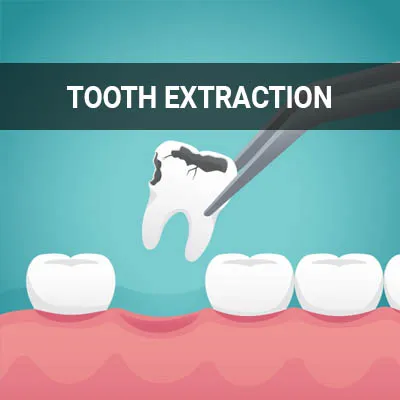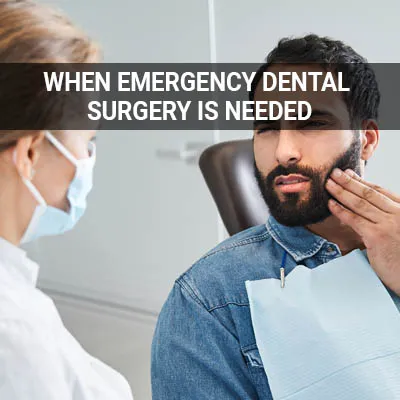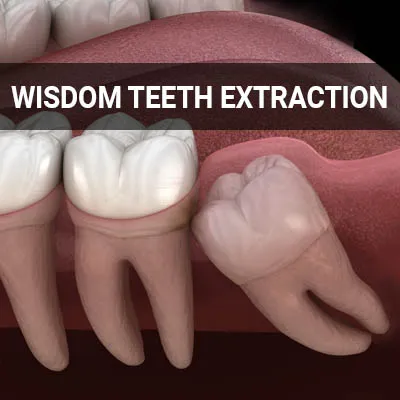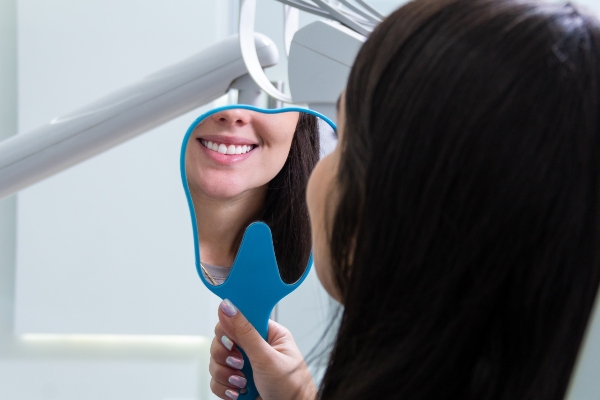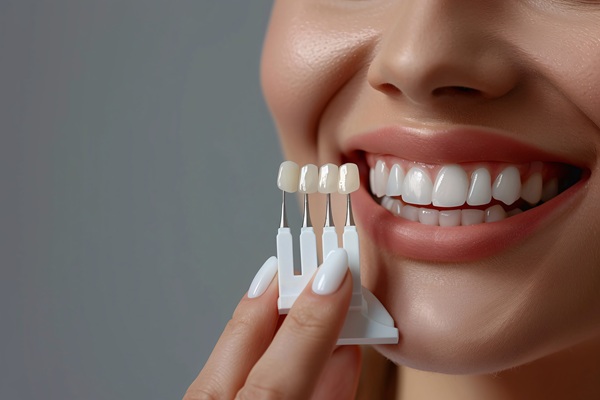Oral Surgery Los Gatos, CA
Oral surgery procedures include diagnosis, treatment, medicines, and recovery. Many dental conditions require oral surgery to treat the problem and prevent further complications from arising. Oral surgery may seem intimidating to many patients, but advances in dental technology have made these procedures less invasive with reduced treatment and recovery time. They may be recommended or required for patients experiencing teeth, bone, or jaw irregularities due to an injury, defect, or condition.
Oral surgeries are available at Vasona Park Dental in Los Gatos and the surrounding area. Our staff can help you learn more about the procedure and answer any questions you have. Call us at (408) 560-7776 to schedule a consultation appointment today.
Understanding Oral Surgery
As recognized by the American Dental Association, oral and maxillofacial surgery deals with diagnosing and treating diseases, injuries, and defects involving the hard and soft tissues of the oral and maxillofacial region. "Oral" refers to the mouth, and "maxillofacial" refers to the jaw and face. Since the field may address both aesthetic and functional areas of these regions, there are many different types of oral and maxillofacial surgeries. Oral surgery is a long-established and well-researched area of study that is safe when conducted by a qualified professional.
“Because the field may address both aesthetic and functional areas of these regions, there are many different types of oral and maxillofacial surgeries.”
Reasons for Oral Surgery
Oral surgery may help with several conditions. Some of the most common include:
- Tooth Loss. Losing natural teeth can erode the jawbone over time, making deterioration an inevitability. Dental implants can prevent this from happening by anchoring the false teeth to the jawbone and stabilizing them.
- Impacted Teeth. Teeth are "impacted" when they become trapped between the jawbone and the gum tissue. Usually, this happens because the tooth has not emerged in proper alignment or entirely through the gumline. Generally, dentists will recommend patients have these removed.
- Orthodontics. Oral surgery is sometimes necessary when braces are not enough to correct malocclusion (a misaligned bite). In such cases, a dental professional works with a surgeon to build a personalized treatment plan for the patient's orthognathic surgery (corrective jaw surgery).
It is important to remember that the above list is not exhaustive. Patients should consult with a professional to ensure which treatment option is right for them.
“Oral surgery may help with several conditions.”
Preparing for Oral Surgery
Oral surgery can be a complicated process. Taking a few easy steps can help simplify the process. Patients should maintain open and honest channels of communication with their dental professional at all times. There is no shame in asking questions. Being informed about what is going to happen and why can do a great deal to assuage any fears.
Those who will undergo sedation should not eat or drink anything, including water, after midnight the evening before surgery. Fasting prevents the chances of aspiration, a rare complication of anesthesia in which the lungs fill with the contents of the stomach. However, a small sip of water to take medication during the fast is permissible.
“There is no shame in asking questions. Being informed about what is going to happen and why can do a great deal to assuage any fears.”
Check out what others are saying about our dental services on Yelp: Oral Surgery in Los Gatos, CA
What to Expect from Oral Surgery
Many patients find it benefits them to arrive at least 20 minutes early on the day of the surgery, allowing them to complete any paperwork and relax. Additionally, patients with removable dental devices should come with a container to store them in during surgery.
Patients who will be undergoing sedation should arrive wearing loose, short-sleeved clothing to assist staff in taking vital signs and administering the IV. It may also be necessary for nurses to put blood pressure cuffs on the patient to monitor them during the procedure.
“Many patients find it benefits them to arrive at least 20 minutes early on the day of the surgery, allowing them to complete any paperwork and relax.”
Questions Answered on This Page
Q. How should I prepare for oral surgery?
Q. What will happen on the day of my oral surgery?
Q. What happens during the recovery period?
People Also Ask
Q. Do I need a tooth extraction?
Q. What is a dental implant procedure?
Q. What is the most durable option for replacing missing teeth?
Q. How do dental implants compare to dentures?
Q. What are the reasons for wisdom teeth extraction?
Recovery
Each patient and their recovery time is different. The day of surgery will require complete rest as patients will likely be drowsy. It is important to keep the head elevated while lying down, avoid any strenuous activities, and drink plenty of fluids. Patients will be prescribed pain relievers and antibiotics, which they will need to take as directed.
Bruising, bleeding, and swelling are common symptoms after oral surgery and are completely normal for the first few days. However, if these or other concerning symptoms persist, call us immediately to schedule a follow-up.
“It is important to keep the head elevated while lying down, avoid any strenuous activities, and drink plenty of fluids.”
Frequently Asked Questions
Q. Is there open enrollment for oral surgery?
A. Oral surgery is included in many dental insurance plans. It is important to talk to your provider prior to booking the surgery in order to understand your benefits and what you may owe. Open enrollment for oral surgery differs from state to state, and the deadlines are posted on state government websites.
Q. What is "dry socket?"
A. Dry sockets are blood clots that often appear after extraction surgeries and usually go away on their own. In most cases, dry sockets result from inadequate hygiene practices, smoking, and overexertion during recovery. Symptoms include bad breath, foul odor and taste, and increased pain. Patients who experience dry socket for longer than three days should contact their doctor as soon as possible to schedule a follow-up.
Q. Is oral surgery painful?
A. Any type of oral surgery involves the use of anesthesia to keep patients comfortable and pain-free during the procedure. In most cases, the numbing agent lasts for at least an hour after the surgery and may last the remainder of the day, depending on the type of surgery and anesthetic used. However, after the numbing agent wears off, patients will likely feel pain in or around the surgical site and will be given pain relief medication and antibiotics to help with swelling and inflammation.
Q. What are the most common types of oral surgeries?
A. The single most common oral surgery is wisdom tooth extraction, with an estimated 10 million wisdom teeth extracted from approximately five million people in the United States each year. Other common oral surgeries include dental implants, bone grafting, corrective jaw surgery, and facial trauma surgery.
Q. When can I start eating and resuming my everyday activities?
A. In most cases, patients may resume eating as normal as soon as a week after surgery. Since each type of surgery is different, we may recommend patients eat certain foods and beverages for a shorter or longer period. Medications may also alter eating habits. This will all be discussed during the consultation appointment and reiterated after the surgery.
Oral Surgery Terminology
Learn More Today
Sometimes, only oral surgery can adequately address your dental issues. We at Vasona Park Dental may be able to help. Call us today at 408-560-7776 to learn more and schedule an appointment.
Helpful Related Links
- American Dental Association (ADA). Glossary of Dental Clinical Terms. 2025
- American Academy of Cosmetic Dentistry® (AACD). Home Page. 2025
- WebMD. WebMD’s Oral Care Guide. 2025
About our business and website security
- Vasona Park Dental was established in 2025.
- We accept the following payment methods: American Express, Cash, Check, Discover, MasterCard, and Visa
- We serve patients from the following counties: Santa Clara County
- We serve patients from the following cities: Los Gatos, San Jose, Campbell, Cambrian Park, Willow Glen, Saratoga, Cupertino, Sunnyvale, Santa Clara and Morgan Hill
- Norton Safe Web. View Details
- Trend Micro Site Safety Center. View Details
Back to top of Oral Surgery



